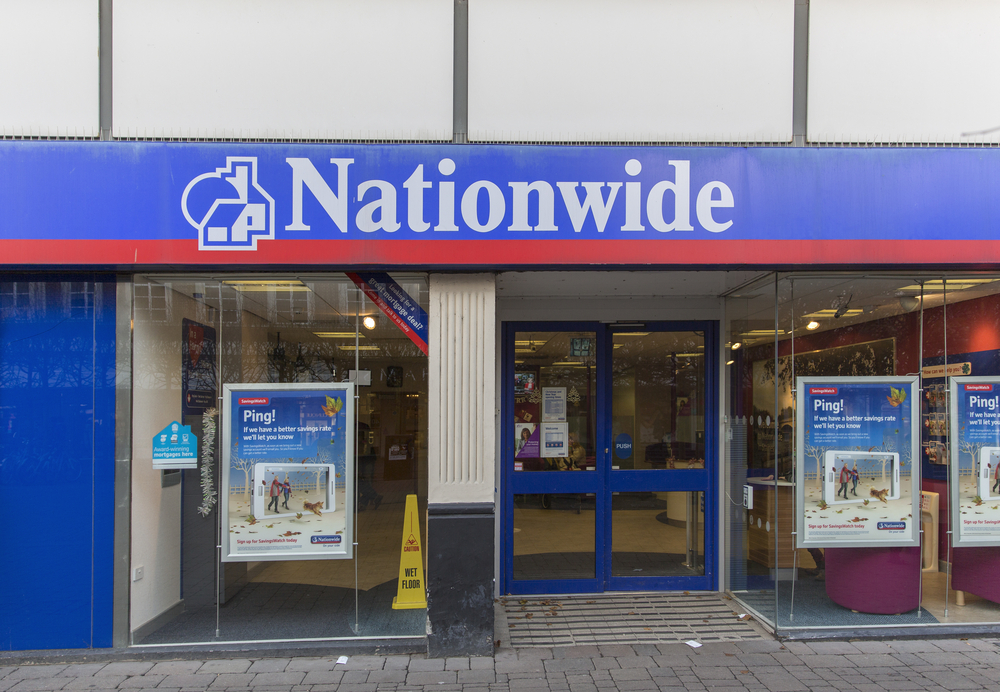 Nationwide Building Society has reported a fall in profits due to increased competition in the mortgage market and persistent low interest rates.
Nationwide Building Society has reported a fall in profits due to increased competition in the mortgage market and persistent low interest rates.
The UK’s largest mortgage lender said that pre-tax profit fell from £1.3 billion to £1 billion in the year to April.
The Bank of England cut interest rates last August from 0.50% to 0.25% – the lowest on record and the first interest rate cut since 2009 when the financial crisis was at its peak.
This has affected profit margins by squeezing the gap between what is charged on loans and mortgages and what interest it pays on deposits.
As a result net interest income has fallen from £3.1 billion to £3 billion.
Statutory profit fell by 17.6% in the year to £1.05 billion.
Nationwide said net interest income fell due to prevailing low interest rates, competition in the mortgage market and the decision to protect rates for savers while passing on the base rate decrease to mortgage borrowers.
Nationwide chief executive, Joe Garner, said: “As a member-owned organisation, we don’t seek to maximise our profits but to manage them in our members’ interests. We make conscious choices about how we distribute our profitability between strategic investment, capital generation and member financial benefit. Our success this year allowed us to improve our capital strength and continue to invest in growing the Society.
“At the same time, we were able to give back £505 million to members which included maintaining selected savings rates while passing on the base rate decrease in full to mortgage borrowers. The combination of the low interest rate environment and our decisions to protect savings rates for longer led to an exceptional year for member value.”
Despite the fall in profit, gross mortgage lending was up 20% to £32.6 billion for the year, while net mortgage lending has gone up 28% to £9.1 billion.
Buy-to-let lending fell 36% to £4.6 billion, which the Society attributed to a tightening of lending criteria and last year’s stamp duty increase of 3% on second homes.
Last month, Nationwide became the first lender to stop lending on any new-build leasehold homes where the ground rent is above 0.1% of the property value.
For valuation purposes on all new mortgage applications for new-build the minimum acceptable lease term will be 125 years for flats and 250 years for houses.
What Mortgage has teamed up with London & Country to offer you expert advice on the right mortgage deal.
Whether you’re buying a new home, remortgaging to a new deal or buying an investment property, L&C can help – and you’ll pay no fee for their advice. To find out more, click here.




